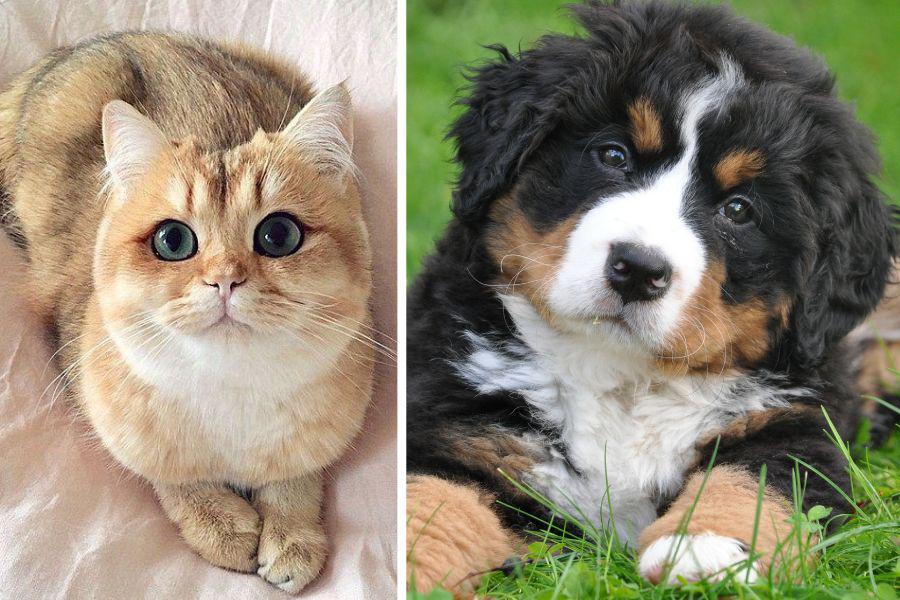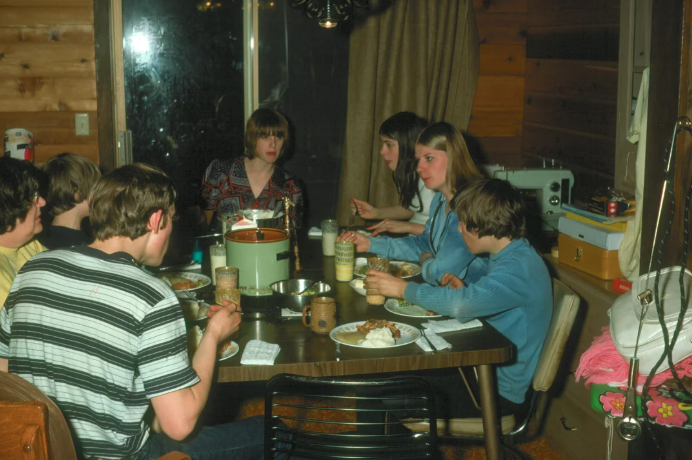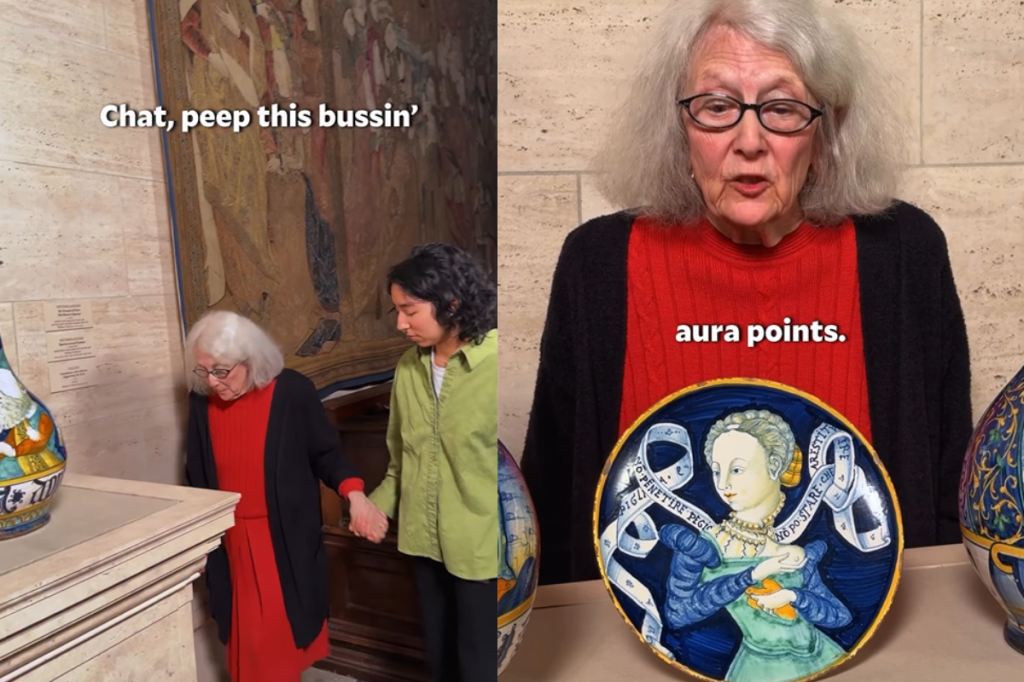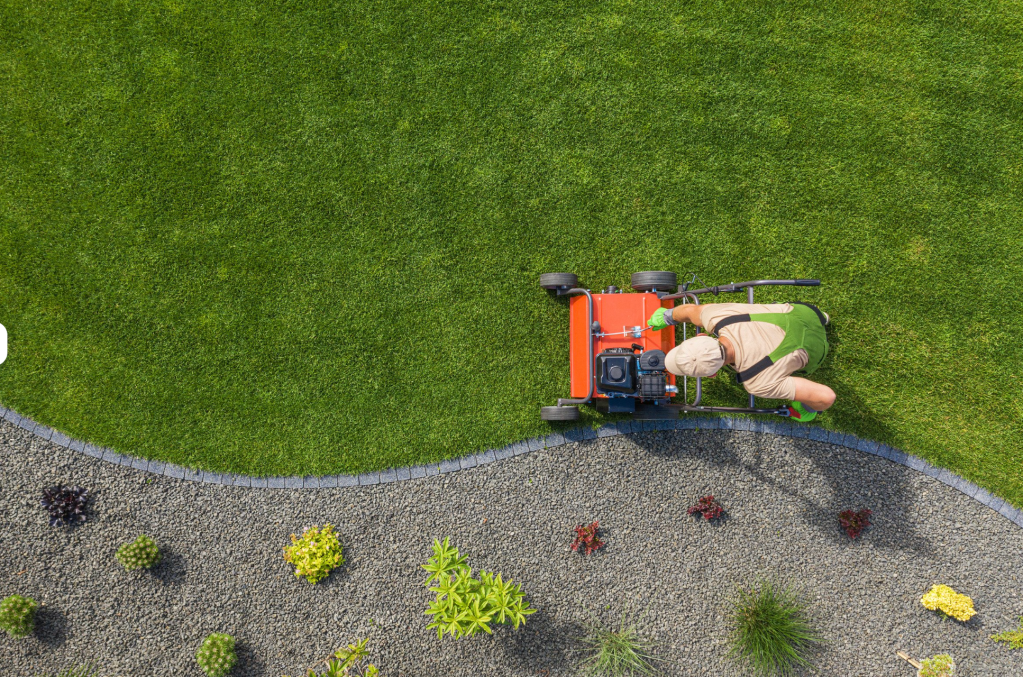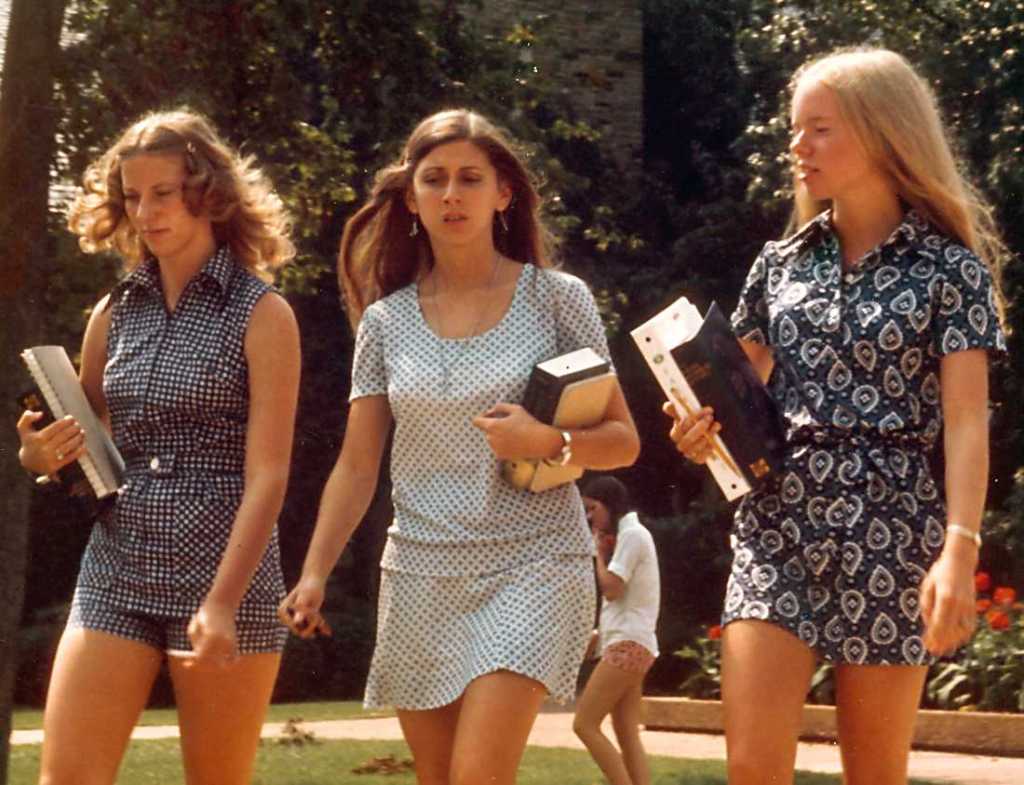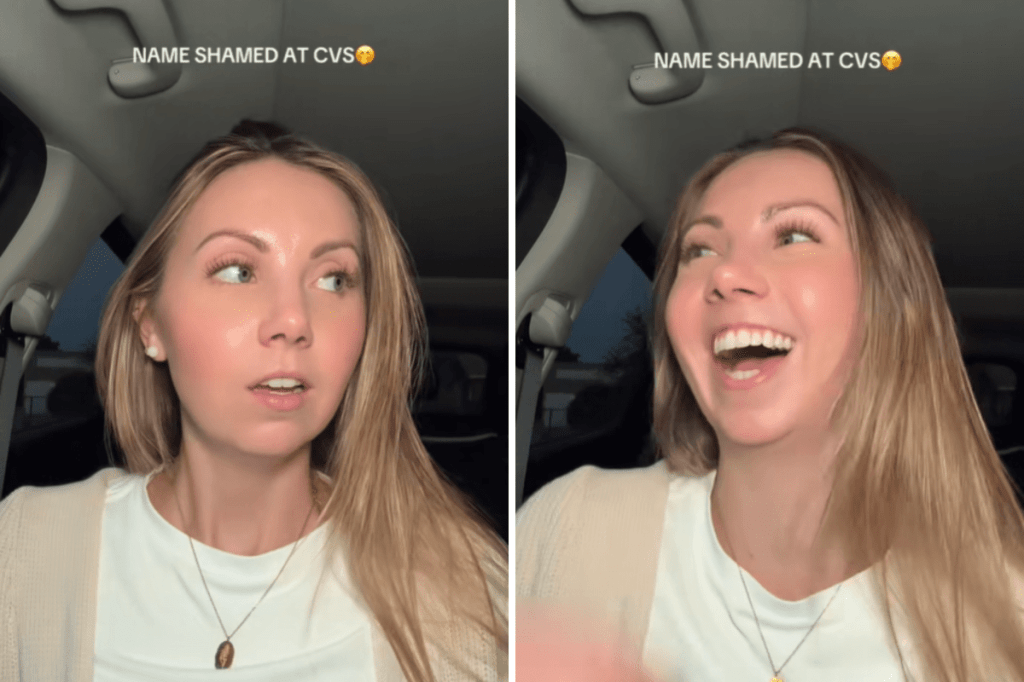As loving pet owners, we do our best to become highly skilled animal translators. We know that not all meows are created equal. We can sense the difference between a happy tail wag and an anxious one. But still, what if we could just have a conversation with our beloved beasties? What would they say? And what would we ask them?

In a since-deleted Reddit post, someone posed this very question. The Reddit user asked:
“You’re gifted 24 straight hours where you and your pet are suddenly able to understand each other…What would you want to tell them?”
There were hundreds of responses. Some were lighthearted, like kindly asking to not throw up on the carpet or requesting explanation for [insert odd behavior here]. Others seemed eager to reassure their pets that yes, the vet really is a safe place to be, and no, leaving the house doesn’t mean they’ll be gone forever.
Despite the myriad answers, one theme prevailed: love. For the most part, pet owners have immense fondness for their fur babies, and really do want to provide the best life possible for them. We might not be able to use actual words (doesn’t stop us from using the baby voice though) but we humans will never stop finding different ways to thank our animals for filling our hearts with so much joy.
Enjoy 14 of the funniest, most heartwarming and all around smile-inducing answers:
“I would tell our cat how much we love him and how lovable he is. I would tell him that I value every second with him. I would tell him that we don’t let him outside because he has a medical condition not because we choose not to let him outside. I would tell him that we disappear all day, most days, because we have to to earn our keep not because we want to…I would ask him if he is okay and happy, whether he feels well, whether he’s in pain at all, what we could do to make him happier. I would stroke and cuddle him the whole time.” -@fishfingerchipbean
“I would reassure my dog that the people walking in the street aren’t going to hurt us. Delivery drivers are not evil. The people at the vet are very nice and will never hurt you. They help keep you healthy.” -@FluffySharkBird
“I would profusely apologize for ever stomping on their tails and swear on my mother’s life it was always an accident.” -@gudbote
“Talk about dog life and how it’s like…what do they do when left unsupervised, and maybe go on a walk and talk about anything and everything.” -@SecurityCrisis141
“I would love to know what they dream about.” -@Dry-Explanation-9464
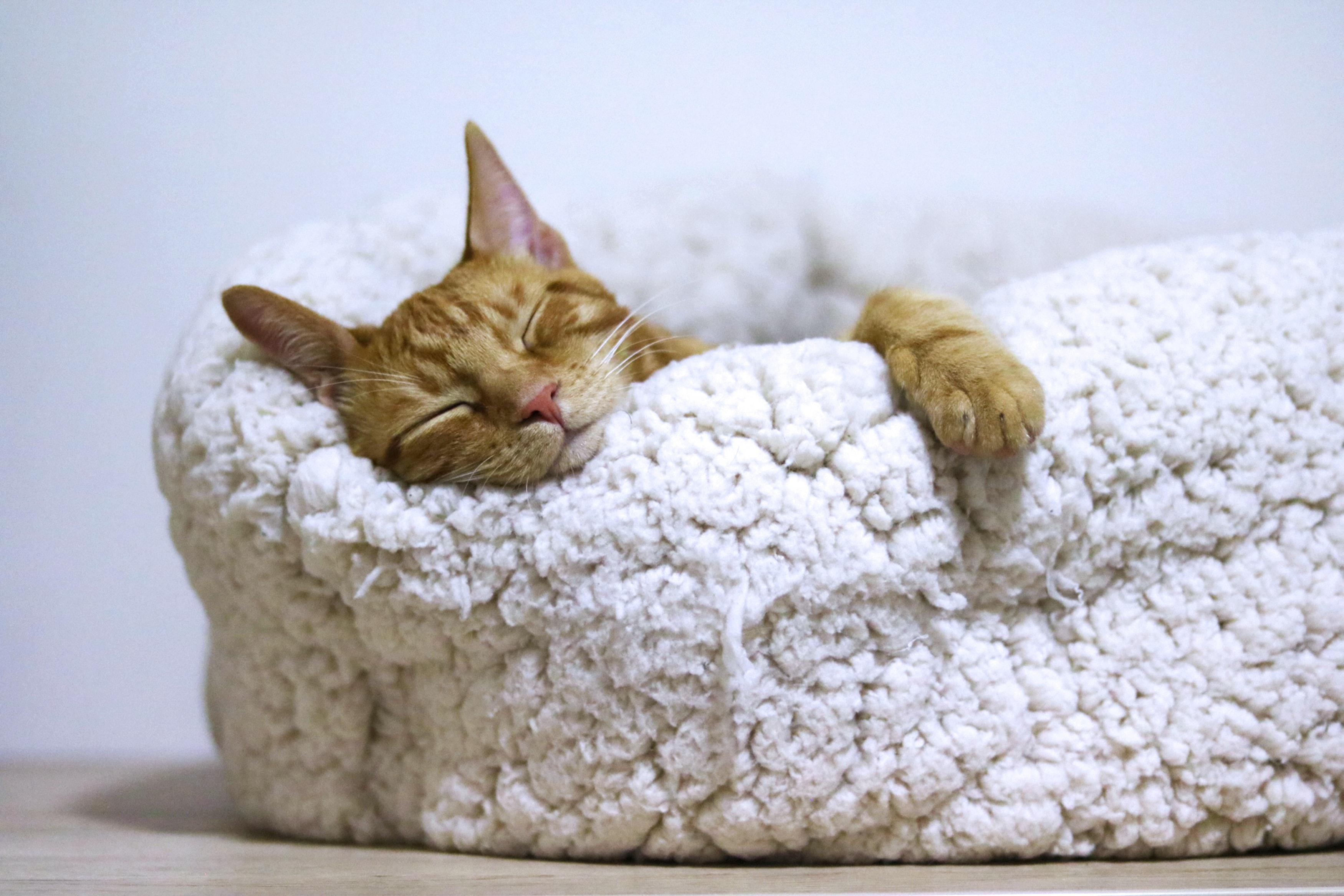
“I think my cat would absolutely ROAST me first for 24 hours.” -@StraberryBob69
“Please let me know how to be a better friend to you because you deserve everything.” -@boywithtwoarms
“I’d ask him about what his life was like before he was picked up by the shelter (he was a stray when they found him). I’d also tell him how proud I am of him learning new things. I’d reassure him that he doesn’t need to feel anxious or afraid when he sees other dogs on our walk (he’s leash reactive, we’re working on it).” -@makuniverse
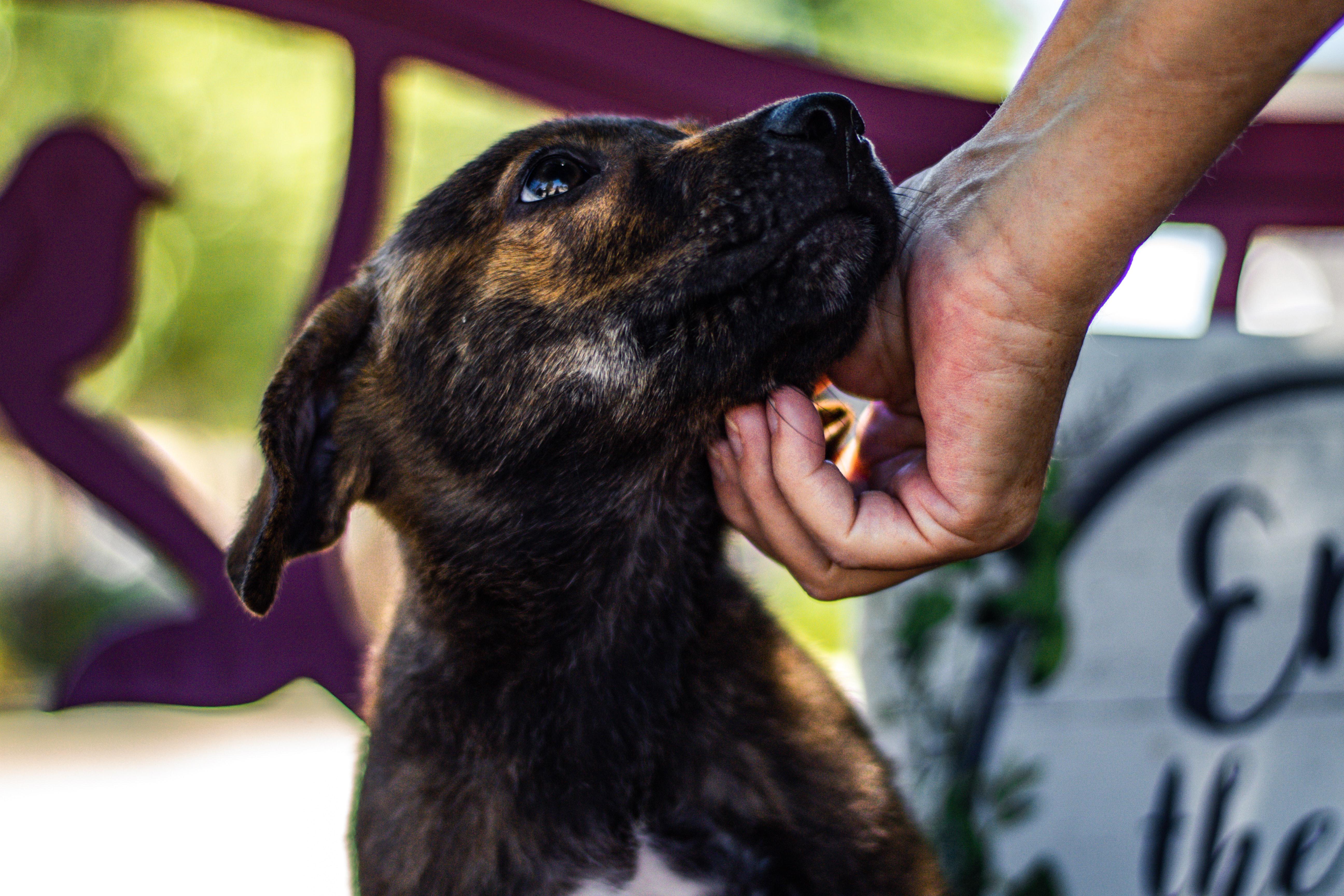
“I’d ask them for their preferences on literally everything. What do they want to eat? What litter do they like? What toys, if any, do they actually enjoy playing with, and how can I make playtime with them more enjoyable? Which nap space is the best? Is the water fountain ever going to get used again, or should I just stick to cups of water laid out on the kitchen floor for them to pick from? Do they enjoy cuddle time at all (or, maybe for my own selfish sake, can i at least get SOME on occasion)?” -@in_the_low_life
“Why do you beg for treats, then sometimes don’t even eat them but line them up on your bed in a certain order? And did you really eat that whole chicken, bones and all?” -@Lucinnda
“What’s up with the food thing? Today you love chicken pate and tomorrow it’s poison? WTF?” -Expensive_Ferret-339
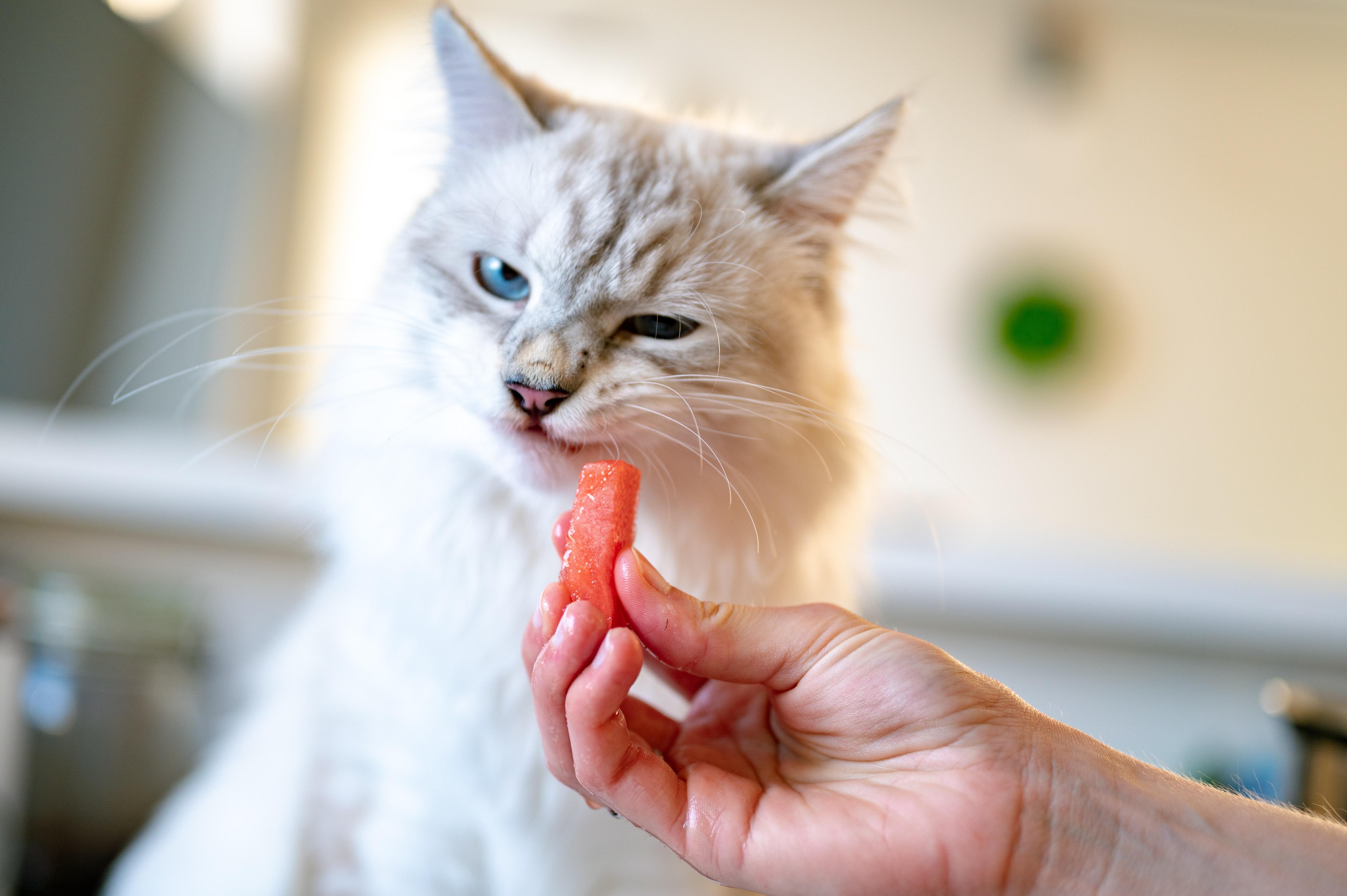
“If you need to throw up please get off the bed. Better yet, get on the tile. Love you. Thanks for never scratching the kids when they’re being crazy.” -@Likeomgitscrystal
“I love you so much and I would literally die for you, Oh and why do you get zoomies everyday and bite me everytime!!!!!” -@curator_557
“Tbh I would just love to hear her tell stories of her favorite memories from her point of view. Maybe I’d tell her mine too. I really would just like to catch up like old friends lol. Also I would want to tell her that even though we go away on vacation sometimes I hope she knows that we’ll always come back because we love her and we miss her lots while we’re away.” -@Vanilla_Chinchilla96

